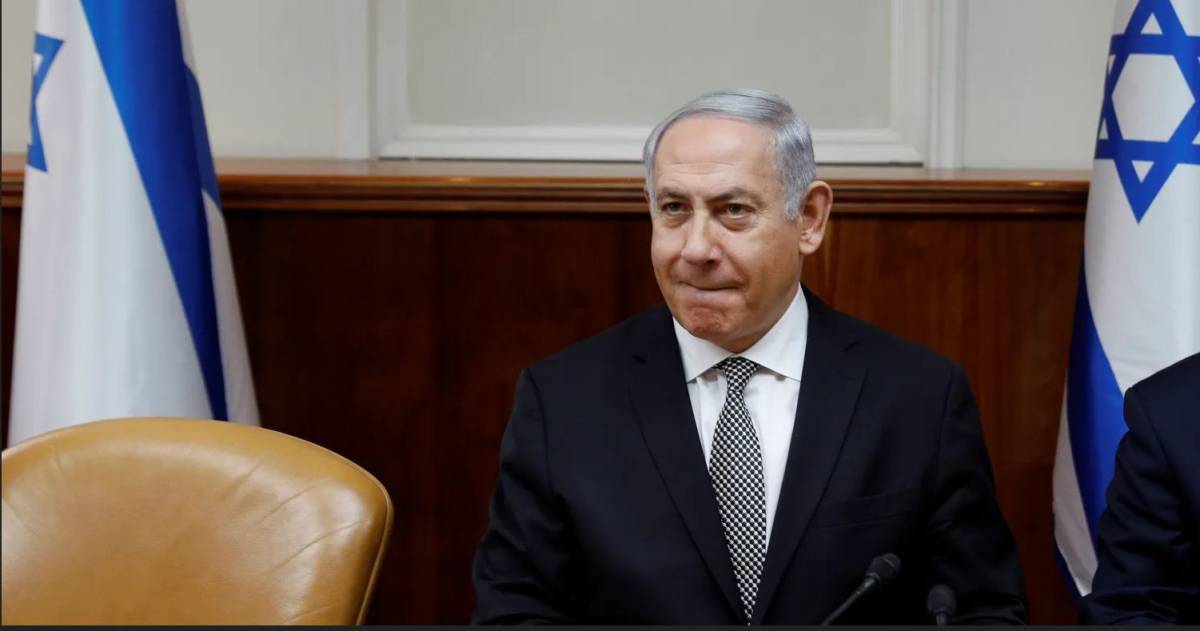1711 Views
The Price of the Pause: Can Netanyahu Survive the Post-War Political Reckoning?
The Post-Ceasefire Reality: Netanyahu’s Political Struggles and Israel’s Diminishing Strategic Strength
In recent weeks, the ceasefire agreement between the Zionist regime and the Hamas movement has raised pressing questions about the political and security future of occupied Palestine. Forced into the truce under mounting pressure from the United States and several Arab states, Netanyahu’s government was compelled to withdraw its forces from Gaza and retreat to the occupied territories. Yet, the end of the war with Hamas has only opened new fronts for Netanyahu — exposing the depth of his government’s unresolved internal crises.
Mounting International Pressure
Following the regime’s reckless attack on Qatar during peace negotiations with Hamas, international pressure on Netanyahu reached unprecedented levels. The United States and numerous European governments pushed hard for a ceasefire, leaving Netanyahu’s administration cornered and discredited. This development has laid bare the hollow authority of his extremist coalition and marked a political setback that could signal the end of his warmongering era.
Meanwhile, global outrage continues to grow. Several countries have moved to label Israel’s actions in Gaza as genocide, pushing for boycotts across cultural, sporting, and diplomatic arenas. These mounting pressures are designed to constrain the regime’s future aggressive maneuvers across West Asia and isolate it further in the international sphere.
Political Crisis Within the Knesset
Before the Al-Aqsa Storm operation on October 7, Netanyahu was already facing multiple open judicial cases. The Knesset and opposition parties have repeatedly called for his resignation — pressure that he managed to suppress only by exploiting wartime censorship and silencing dissent under the pretext of national security. Now, with the ceasefire in place, Netanyahu’s opponents in parliament have renewed freedom to challenge his leadership.
Polls suggest growing discontent among settlers, with a majority favoring new elections. Given Netanyahu’s ongoing corruption trials and his loss of legitimacy, his political survival seems increasingly uncertain.
Eroding Western Support
The Zionist regime has long relied on unconditional military and financial backing from the United States and its European allies — estimated at over $30 billion in the past two years alone. But the Western bloc is showing clear signs of fatigue. With the war in Ukraine draining resources and tensions rising over Taiwan, Washington and its partners are recalibrating their strategic priorities.
This shift will inevitably delay or reduce future military assistance to the Zionist army, leaving the regime more vulnerable in the short term. The U.S. simply cannot sustain multiple proxy fronts indefinitely, and Israel may soon face the consequences of its overdependence on foreign military aid.
A Demoralized Military
Israel’s army, once touted as invincible, is now grappling with unprecedented losses. Over the past two years, more than 1,100 soldiers have been killed — a staggering figure that has shattered morale within its ranks. Although the ceasefire offers a temporary chance to regroup, it exposes a more serious weakness: the Netanyahu government’s reliance on perpetual warfare as a political survival strategy.
With the military exhausted and public confidence eroding, Netanyahu’s ability to launch new offensives or project strength has been sharply curtailed. The psychological toll among soldiers — after months of brutal combat and global condemnation — has further tied the hands of this aggressive administration.
Conclusion
The ceasefire with Hamas has not brought stability to the Zionist regime; it has instead reopened every unresolved political wound that Netanyahu once concealed behind the fog of war. The regime now faces a volatile mix of domestic opposition, global isolation, and a declining military edge.
As Western powers turn their attention elsewhere, the future of this child-killing regime grows increasingly uncertain. The coming months will reveal whether Netanyahu can survive this crisis — or whether the ceasefire marks the beginning of the end for his deeply embattled rule.
Translated by Ashraf Hemmati from the original Persian article written by Amirali Yeganeh

Comment
Post a comment for this article